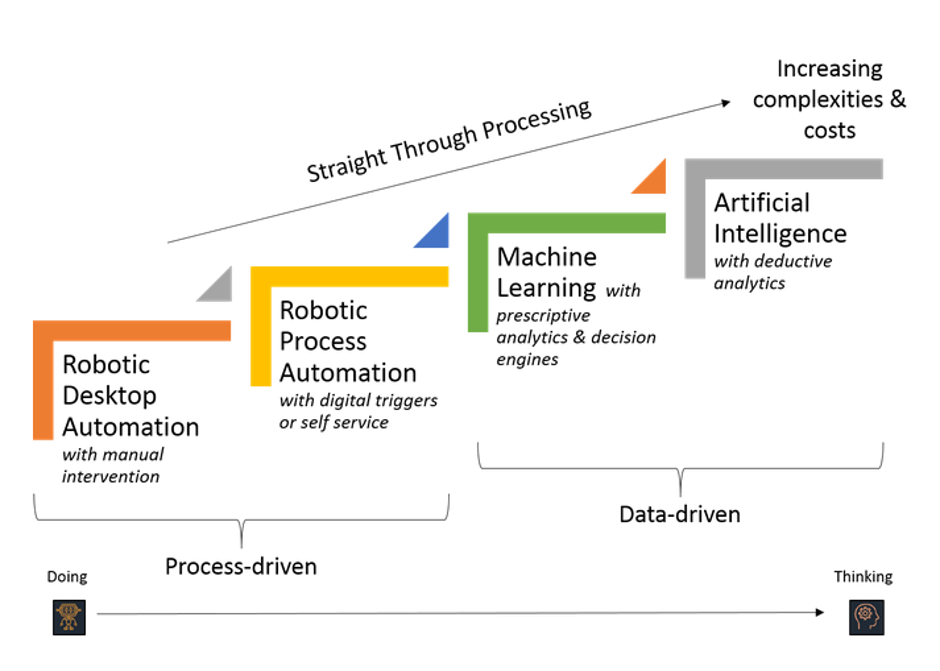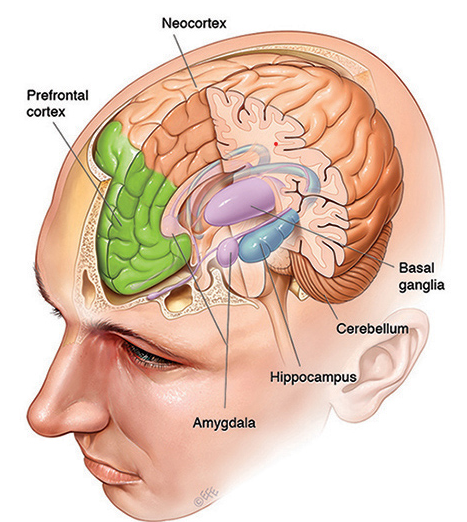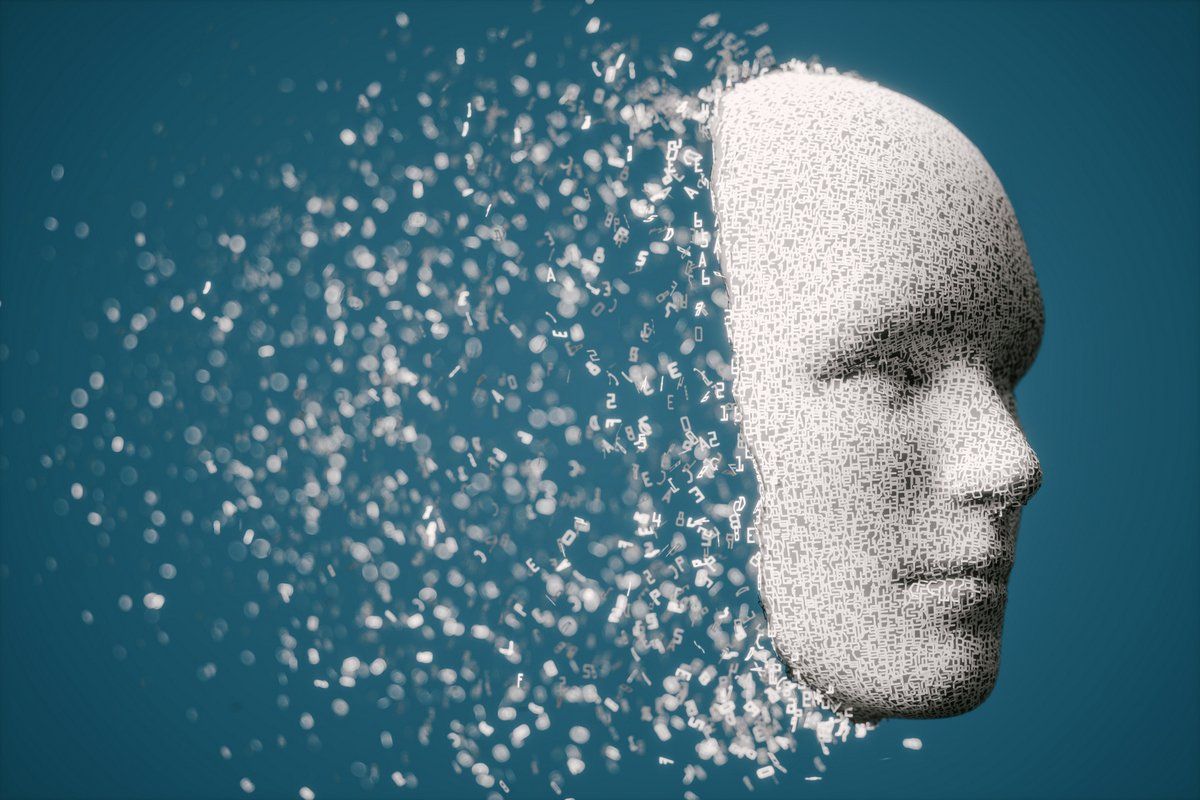Process-Driven or Data-Driven ?
The successor to Robotic Process Automation (RPA) is here.
The successor to Machine Learning is here.
Intelligent Automation is here.
Source : RPA is a software robot that mimics human actions, whereas AI is the simulation of human intelligence by machines.
Is the future of robotic process automation intelligent?
“When RPA became mainstream around 2015, cognitive RPA was considered the evolutionary path for the technology. Basic RPA was useful for automating repetitive tasks, but the rules-based approach worked best with structured data. The cognitive variety, however, would add optical character recognition (OCR), natural language processing (NLP) and machine learning to handle semi-structured and unstructured data -- expanding the efficiencies of RPA to a wider range of enterprise activities.”
Source : The future of robotic process automation isn't what it used to be.
Intelligent Robotic Process Automation Is Not Your Average Top 2020 Trend.
“These analysts wrote that “the integration of optical character recognition (OCR), natural language processing (NLP), and machine learning in AI-infused RPA opens up opportunities for data collection, workflow, and operational/tactical decision making.” IDC aligned intelligent robotic process automation with Industry 4.0 aspirations”
Source :
Hidden behind the tsunami of expert predictions on the rise of intelligent robotic process automation (RPA) are sweeping changes for the customer and employee experience in every industry.






